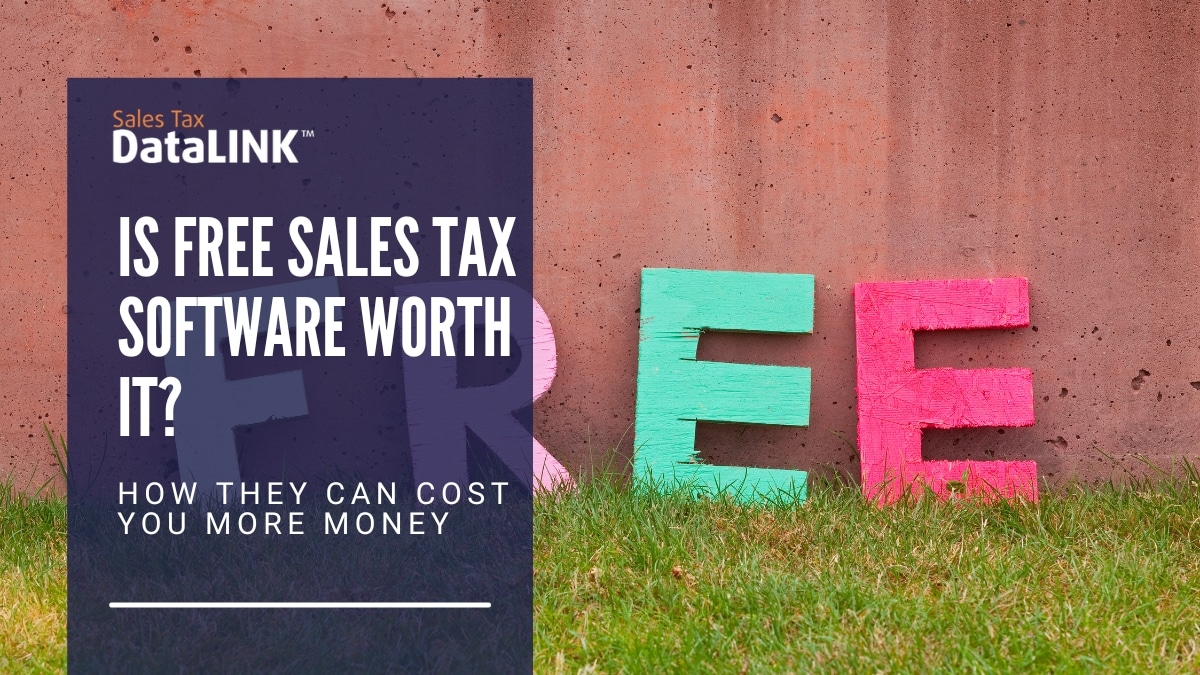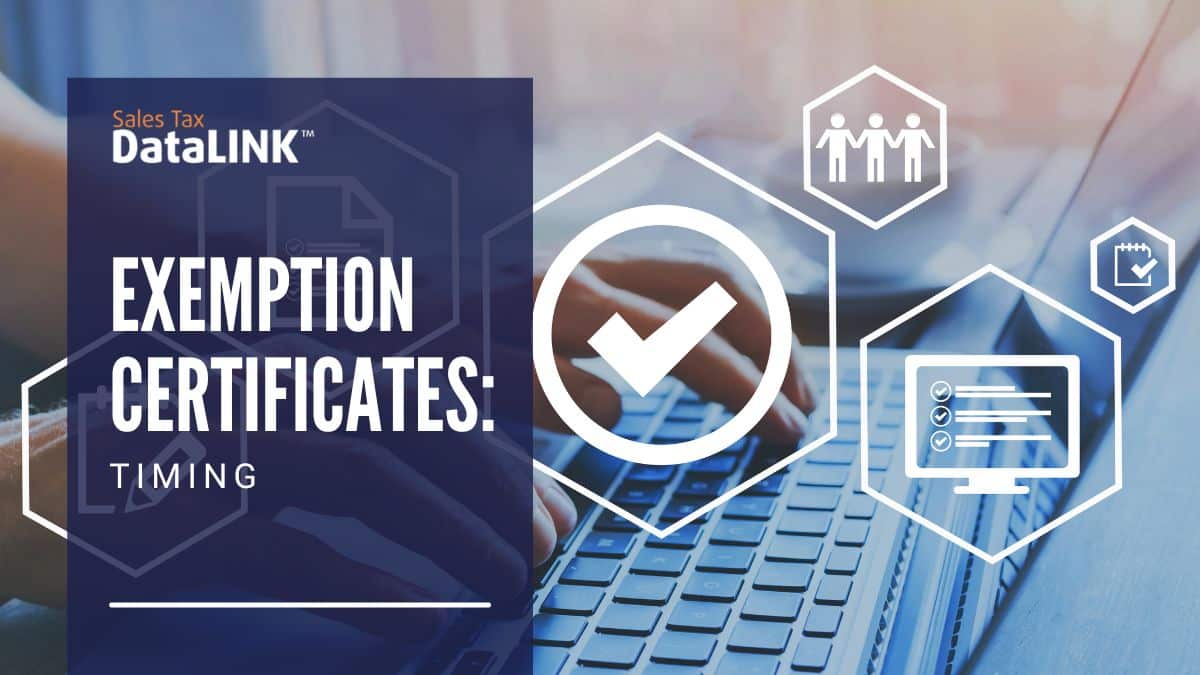With the Streamlined Sales Tax Project came some free sales tax software for states where the Streamlined Sales and Use Tax Agreement was signed. It’s not exactly free, however, as states pay a portion of sales tax collected out to the software companies. What this means is that states lose a portion of their revenue to get companies to file sales tax — taking away taxpayer dollars and putting them into the private sector. The dynamics of this agreement are complex but the bottom line is, you should know the whole story so you can make the best decisions for your sales tax software needs.
Not every state has signed the SSUTA, which means that companies that are SSUTA certified aren’t making free products for those states. They don’t get paid by a portion of collections in non-SSUTA states and are taking a gamble on the Marketplace Fairness Act, which also includes a law for free sales tax software like the SSUTA. Right now, if you were to use “free” SSUTA software in a non-SSUTA state, you’d still have to pay for it. If you’re not careful, that can end up costing your company big. If the MFA doesn’t pass, and it isn’t a sure thing by any means, those companies which are taking a chance on it will have to change their methods for making money. If you’ve integrated the SSUTA software into your system and the MFA doesn’t pass, it could mean you have to pay a pretty penny for those non-SSUTA states.
It is a turbulent time in sales tax software so choosing a solution that can adapt to changes, whichever way they go, is important for the security of your own business. If you chose a sales tax software solution that relies on the MFA, it might mean a costly conversion to another sales tax software system down the road. Instead, planning ahead and choosing a solution that will go where it needs to without increasing the cost for your company will potentially save your business when things change (or they don’t).




